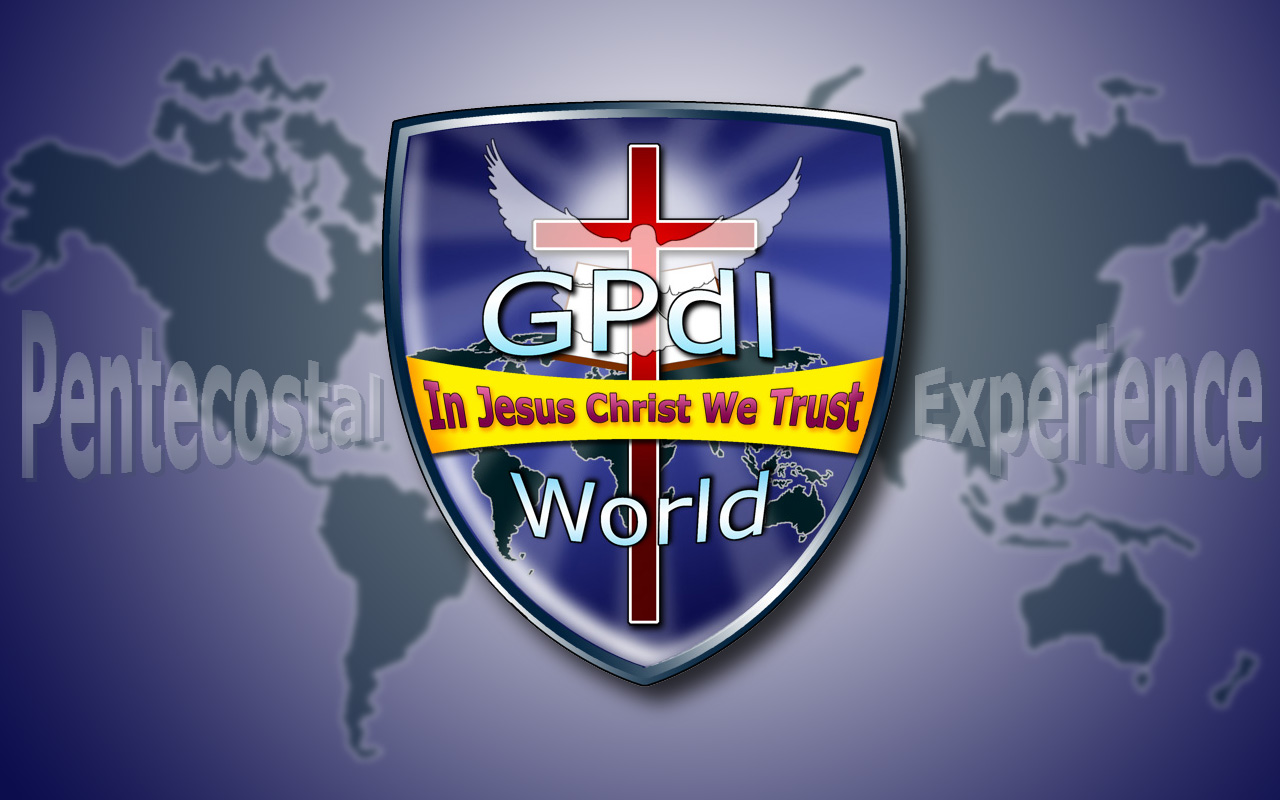62.
In tabernacle and temple worship there were a number of washings necessary for ministry before the Lord. The writer of the book of Hebrews calls them, divers washings, imposed of them. Heb. 9:10 The compulsory ordinances of washings which were laid upon them were absolutely necessary that the priest who was about to minister sacrifices and offerings unto the Lord mighty be clean. First he visited the brazen laver, where he was to bathe. Brass is symbolic of judgment, so it was a moment of judgment and separation by washing for him. Ex. 30:18 Their hands and feet were to be washed. Ex. 30:19 This act of washing was a matter of life or death. To wash was to live. Not to wash was to die because the priest unwashed was unclean. Ex. 30:20 The priest was to bathe fully, in the holy place, on the very special day, the day of atonement. Lev. 16:24 To show the extreme dislike of the Lord for the flesh, the leper who was to be cleansed of his illness was likewise to wash in water. Lev. 14:8.
In spite of the vast difference between the two individuals, there was the same necessity of being cleansed by water. In all actuality, it was a double cleansing of water and blood. For the priest, it was the blood of the sacrifice which he made. For the leper there was a special ceremony. The leper himself is a type of the sinner. We are all contaminated with the leprosy of sin. The two live, clean birds represent Christ (the slain bird), and His church (the living bird). The bird of sacrifice was to be slain in an earthen vessel (the human body), over running water (waters of life, the Word). The other bird was to be loosed and fly freely, carrying the message of cleansing. The red cedar wood represents the cross. The scarlet thread, redemption by blood. The hyssop, the sufferings of the Lord Jesus. Thus we have the message of the church to a world of lepers among whom we once lived and followed their example. Lev. 14:4.
John’s baptism was a baptism of repentance unto the remission of sins. uke 3:3 Those who were baptized of John openly, publicly confessed their sins. Mat. 3:6 Those who submitted to his baptism were certainly a committed lot of people. It could not have been easy to declare ones sins in such a manner. Mat. 3:11 John preached a message of repentance for the remission of sins. Mark 1:4 It was a powerful message and readily accepted by those who truly were hungry for the Lord.
